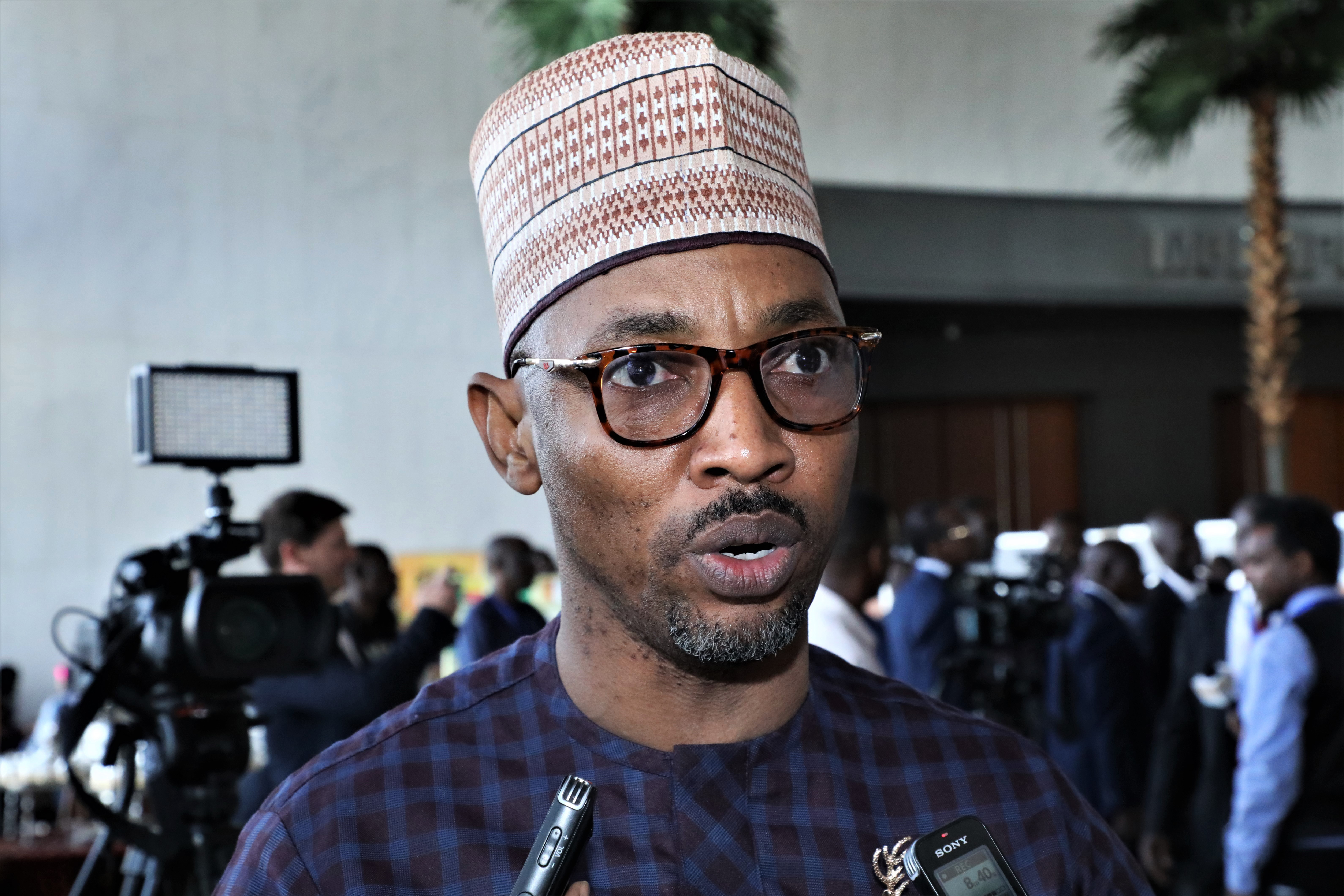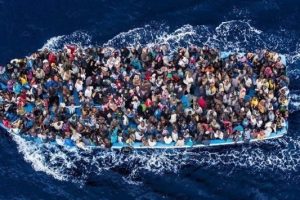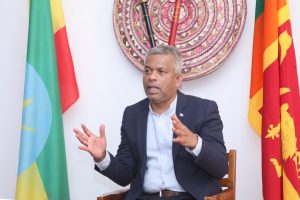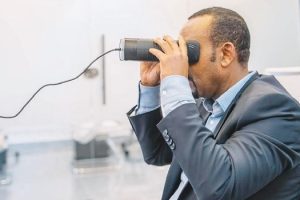
Today’s Guest is Edwin Ikhuoria. He is ONE’s Interim Africa Executive Director, leading ONE’s advocacy work across the continent. Previously he was Senior Advisor (Policy and Advocacy) to the Africa Executive Director. With over 19 years in the development sector, Edwin previously managed the Transparency and Accountability portfolio for ONE in Africa as well as the Nigeria Country programme.
Before Joining ONE in 2014, Edwin worked for the Development Impact Evaluation Unit of the World Bank as an Impact Evaluation and Advocacy Coordinator in the Nigeria Country Office. His advocacy work covers pro-poor policies and transparency in public finance, health, agriculture, food security, environment and trade, engaging Policy Makers and African Civil Society groups regularly in the last 15 years.
Edwin holds 2 Masters in Development Management from University of Turin, Italy and Geographic Information Systems (GIS) from the University of Lagos, Nigeria. He earned his B.Sc. in Geography.
The Ethiopian Herald had a while with Edwin Ikhuoria at AU while he was attending the 33rd Ordinary Session of the Assembly of Heads of State and Government of the African Union meeting. Excerpts…
“Instead of putting out the fire
every time it is better addressing the cause of the fire.That is why we are
always saying the youth should be part of the discussions,” Edwin Ikhuoria
The Ethiopian Herald: How did you find the meeting?
Edwin: So far, it is a good thing. The conversation is about silencing the guns by 2020. But the question is that it was in the 2013 they agreed to silence the guns by 2020.Now we are in 2020 but ironically the guns are not silent. The question is what are we not doing right? Speech from the President Cyril Ramaphosa brings the young to the front and skills them is the right conversation. But enough of talks; taking actions is mandatory. Bcause if it is difficult to create employment opportunities, it will be easy for the youth to be used for violence and conflict.
Our question now is how are we going to deal with the situation in the absence of opportunities for our young people? This begs for answer fully. As per the cause participants came together here, as they leave Addis Ababa they should translate everything at the regional , country and local government levels “where are the young people?” They are in the village working agriculture. If you don’t take care of the sector they are working in, you can never end conflict.
So, instead of putting out the fire every time, you should address the cause of the fire. This is why we are always saying the youth should be the part of the discussions. They should tell you the solution because what is happening today is not the same as what is taking place was the ten years ago. The solutions are different. This is what we are underlining. It is the time for African leaders to bring young people as the coo members of the team and to begin to think on how we implement the solutions.
Herald: How did you find AU’s push in realizing the dreams of forefathers?
Edwin: Now, AU is more than five decades since it has been established. The question is to what extent we have been able to insist African problems call for African solutions. As we speak now, Libya is in a serious crisis. African solution does not seem working AU is supposed to be leading that. External forces have continued to push AU back.
So, it is the time for AU to find and tell itself the truth. We need to form the strongest center that when we show up any of our countries, they would respect the institution and I’m not sure that respect is there yet. Countries are still struggling to give the respect to the African Union that it deserves. This is where we are and we need to think about what else we can do for African countries to give the respect the AU deserve. The AU has to be more than place of people coming together and go. It has to be empowered to make decisions.
I would like to mention EU as an example. European Union is influential when it said something. But here still differences are visible. More has to be done. African continent needs to release their power to the union so that the union takes a decision and it work accordingly. Otherwise, when we come ,we talk and go home everything remains the same.
Herald: What should be done to strengthen brotherhoods among Africans?
Edwin: There is a unity of political state but there should be unity of the African people. That has not happened yet. So, we should go from an Africa of state to an Africa of people. Only four countries signed free movement protocol. It is time to think about it. If we cannot go to the African countries how can we be united? What you don’t know you will be afraid of what you are afraid of you suspicious. That itself can cause a problem. Look at Ethiopia and Eritrea they are brothers but things supposed to not cause problem has been hurdles because people themselves as not united.
Political unity doesn’t last long.That is why we have to go to people’s unity. I should be able to go anywhere and live in Africa. But look at xenophobia in South Africa. So, when you talk about unity and people are not united. This is where there should be investment. That is the coming together of African citizens themselves.
Herald: What should be done to promote sustainable development in the continent?
Edwin: For me, two things have to be there. There are 430 million young people in the continent. 70% of them are living in the rural areas not in the capital city and 65% are involved in agriculture. So, if Africa wants to improve you have to significantly invest on agriculture because that is where the people are today. Overtime you can build up industries and other things. The question is if we want to achieve sustainable development, where are the opportunities for the young people in this continent? The opportunities that I have seen today is in agriculture they are not in technology.
To what extent the continent is able to invest in this sector to the way it can create employment? For me that is one of the most important things that should happen to achieve sustainable development. But of course we need infrastructural facilities, electricity, power, among other things. As we investing in those things we also should know that what we do have to give opportunities to the young people because if 430 million people able to produce, then you can imagine how the economy will grow and how people empowered. For me, that is a quick pass to achieve sustainable development.
The Ethiopian Herald Sunday Edition February 23/2020
BY AMBO MEKASA




